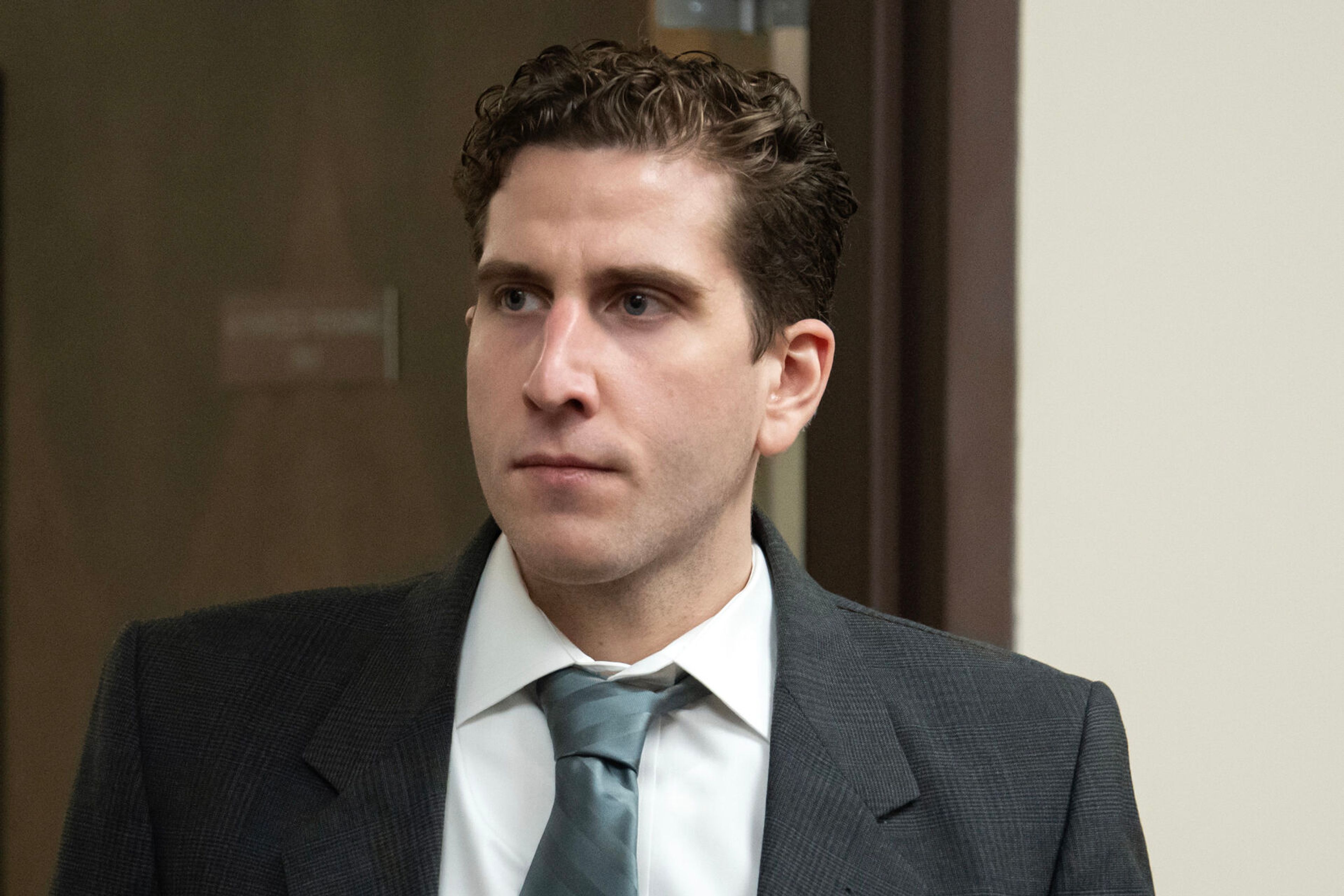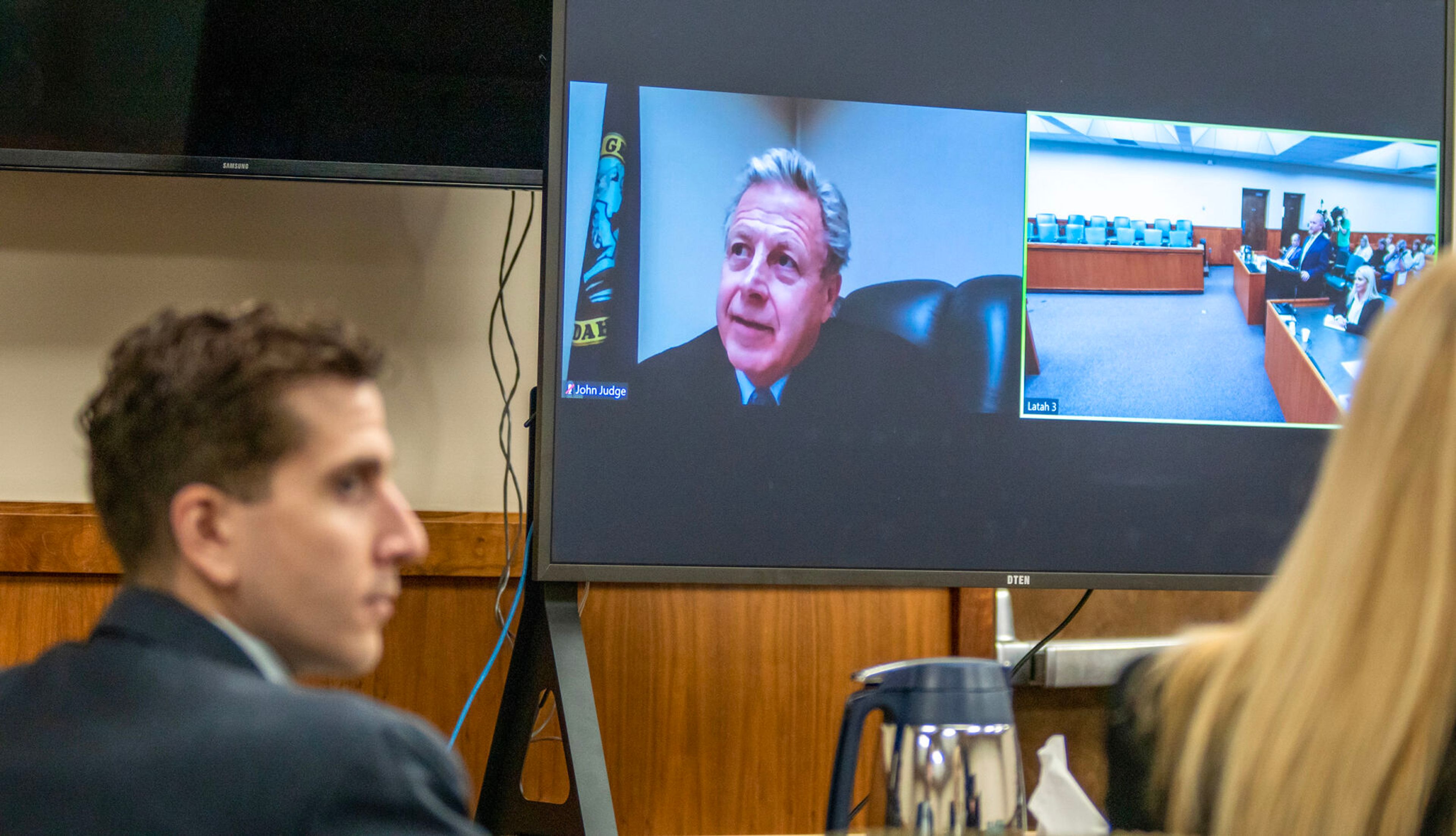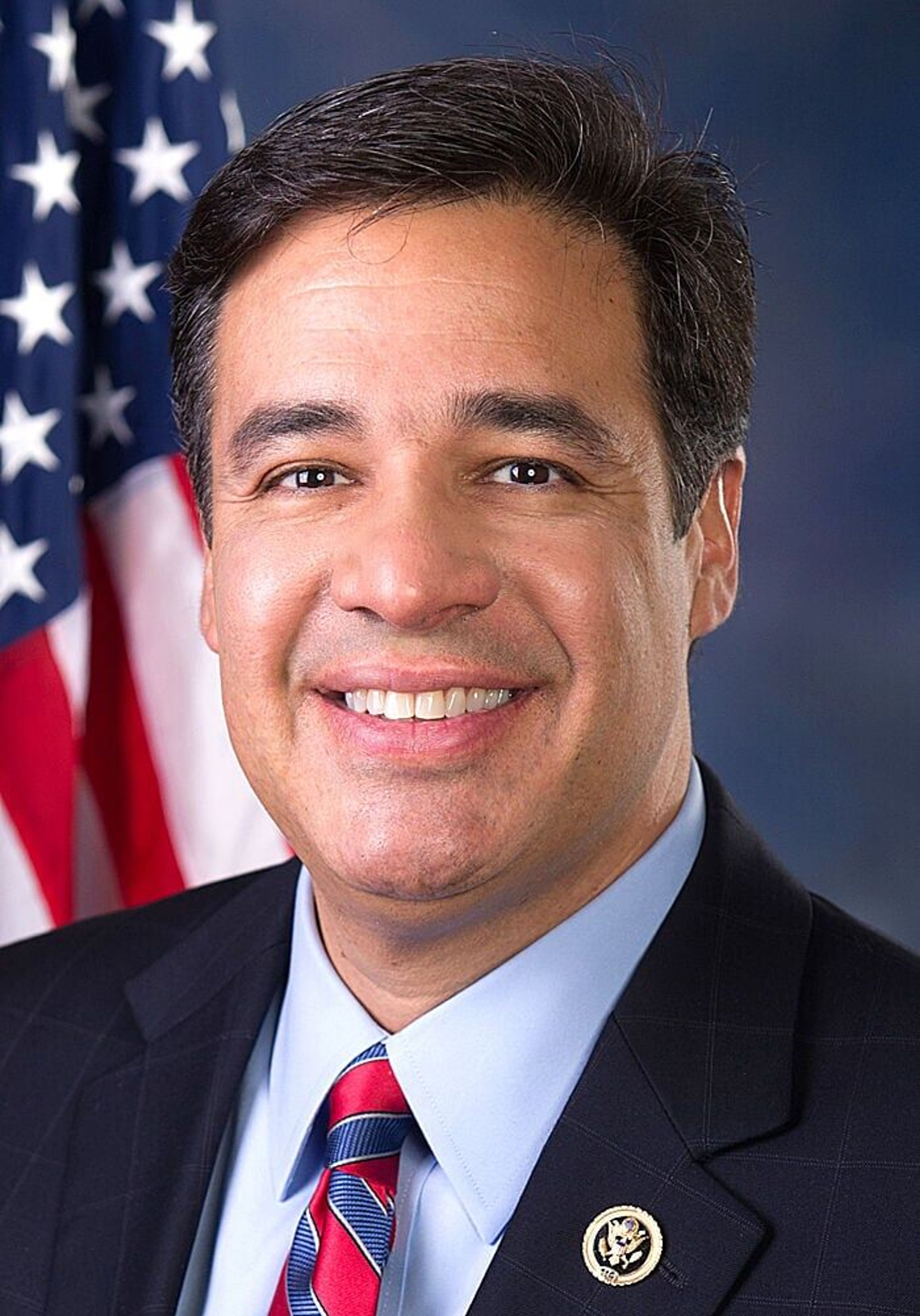Kohberger case: Judge mulls gag order arguments, to issue decision later
Judge says it's his duty to balance rights of First and Sixth amendments
Latah County District Court Judge John Judge will issue a decision on the nondissemination order, or gag order, in the Moscow murder case at a later date after hearing arguments in court Friday.
Since Magistrate Judge Megan Marshall signed a gag order in January prohibiting attorneys and law enforcement involved in the case from speaking publicly about the trial, media organizations argue it violates their First Amendment rights.
The suspect in the case, Bryan Kohberger, faces four counts of first-degree murder and one count of burglary in the November stabbing deaths of University of Idaho students Kaylee Goncalves, Madison Mogen, Xana Kernodle and Ethan Chapin. Kohberger remains in Latah County Jail.
According to Kohberger’s attorneys and the prosecution, the gag order is necessary to protect Kohberger’s right to a fair trial.
A media coalition that includes the Moscow-Pullman Daily News and Lewiston Tribune argues the gag order is too broad.
Wendy Olson, the attorney representing the media coalition, told Judge on Friday that there are other tools the court can use to ensure Kohberger’s right to a fair trial. That includes requiring jurors to answer a questionnaire to ensure they are impartial, and changing the venue of the jury trial.
Judge stated that changing the venue is a complicated, expensive and time-consuming process.
Olson said it is important the media have more access to information because it has the ability to educate the public about the criminal justice system. She also argued that publicity in and of itself is not prejudicial.
Olson said even if there were no gag order, attorneys in the case are expected to adhere to the Idaho Rules of Professional Code of Conduct, which state that a lawyer shall not make an extrajudicial statement publicly that will lead to prejudice against their client
Jay Weston Logsdon, an attorney representing Kohberger, argued that the courtroom is the best place for information to come out about the case, not in the media. He said there has been an “enormous” amount of press about the case and that it is “pretty one-sided” against Kohberger.
He said nobody wants to “burst the bubble of the mob that the media is forming” against his client.
“Journalists don’t have the credibility they once did,” Logsdon said.
He argued that even if the media is allowed to interview the parties involved in the case, they will still pick and choose what they report and twist statements.
Logsdon and his team asked two witnesses to testify at Friday’s hearing. Jean Saucier, a senior vice president with media monitoring company Truescope North America, provided data on how much the press has covered this case. Dr. Amani El-Alayli, a social psychologist at Eastern Washington University, analyzed research into effects of media coverage on prospective jurors.
Judge suggested one possibility is to amend the order to better specify who is affected by it.
Judge said it is his duty to balance the First and Sixth Amendment rights. He expressed his frustration with the misinformation he has seen in the media, particularly the national media. He also said the term “gag order” is a distasteful term for a nondissemination order and said lawyers are already restricted from sharing certain information because of ethics and professionalism in their line of work.
Judge will also make a decision on the gag order as it relates to attorneys for the victims’ families. Shanon Gray, the attorney for the Goncalves family, also argued in court that the gag order is too broad and restricts him from speaking publicly about the case.
According to Judge, the Goncalves family are not parties in the case as that designation only belongs to the prosecution and the defense. The family may be potential witnesses, especially if there is a sentencing hearing where it can give victim impact statements.
The Goncalves family is not bound by the gag order, but Gray argued he should be allowed to speak on its behalf and offer his own opinion about the case. He said it is an attempt to shut him up.
Gray also claimed that the investigators in the case have not adequately answered his questions and they have not interviewed his clients.
Latah County Prosecutor Bill Thompson countered by saying they have answered some of his questions and refused to answer those they did not want him to make public. Thompson said there have been instances where Gray did not permit interviews with his clients.
Rudley, who argued that total prohibition of public statements by attorneys is the safest way to preserve Kohberger’s right to a fair trial, added that Gray has repeatedly been interviewed on TV.
Kohberger attended both gag-order hearings and came to court wearing a suit and tie. Before beginning the proceedings, Judge apologized for stumbling over the names of Kaylee Goncalves and Xana Kernodle during Kohberger’s arraignment hearing May 22. He expressed his condolences to the victims’ families.
“My heart does go out to the families,” he said.
Kuipers can be reached at akuipers@dnews.com.


































